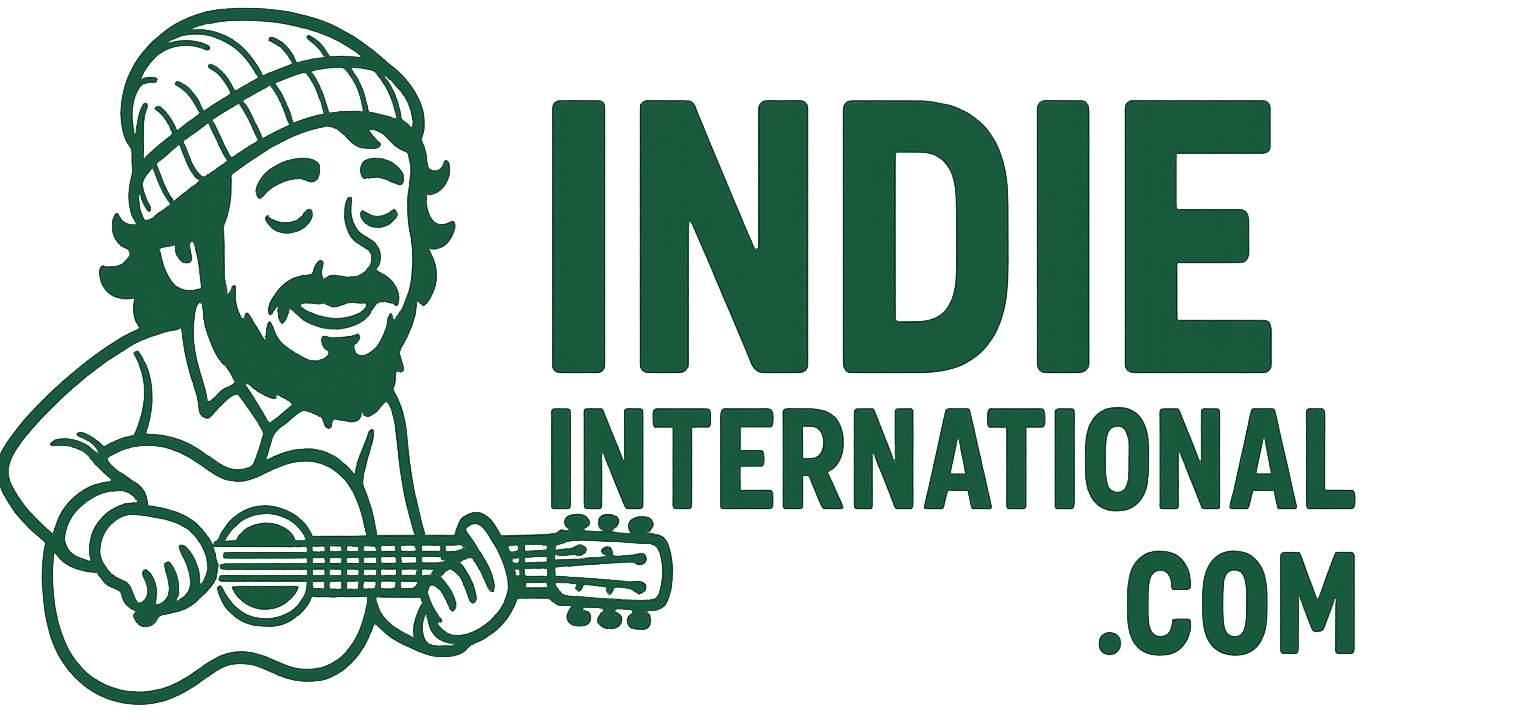Writing songs for other artists has been one of the most rewarding parts of my music career. It opened doors I never thought possible, taught me how to collaborate in new ways, and became a steady source of income. If you’re serious about turning your songwriting skills into a professional career, writing for others is a route worth exploring.
But it’s not as simple as writing a great song and handing it over. Over time, I’ve learned that writing for other artists requires a unique mindset, strong relationships, business knowledge, and adaptability. I want to share with you everything I’ve discovered, from developing the right approach to getting paid fairly.
If you’re ready to dive into writing for other artists and building a sustainable career, here’s how I’ve done it step-by-step.
Changing My Mindset: Writing for Others vs. Writing for Myself
One of the first things I had to adjust was my mindset. Writing songs for myself is deeply personal. I pour my own feelings, experiences, and style into every lyric and melody. But when writing for other artists, I had to shift gears and think more like a collaborator or even a business partner.
That means putting my ego aside and focusing on what fits the artist’s voice, image, and audience. Instead of writing what I want to say, I write what they want to say, or sometimes even what their fans want to hear.
This mental shift wasn’t easy. I had to learn to listen carefully, ask questions, and sometimes even suppress my own creative impulses if they didn’t align with the artist’s vision. It became less about self-expression and more about crafting a tool for someone else’s success.
Building Relationships That Lead to Songwriting Opportunities
I quickly realized the music industry is about who you know as much as what you know. Building relationships was key to finding artists who wanted to work with me.
I started attending local songwriter meetups, open mic nights, and music industry networking events. These gatherings gave me face-to-face time with singers, producers, and managers. I focused on genuine connections, not just handing out business cards.
Social media also played a huge role. I followed and interacted with artists, managers, and producers on Instagram, Twitter, and LinkedIn. Sometimes a thoughtful comment or a DM led to a collaboration or session invite.
Online songwriting platforms like SoundBetter and Songtown became additional places to showcase my work and meet collaborators worldwide. These sites sometimes felt crowded, but persistence paid off.
Learning the Business Side to Protect Myself and Get Paid
One of the biggest mistakes I made early on was not understanding the business side of songwriting. I wrote songs and sent them out, but I wasn’t always sure how to get paid or protect my rights.
I took time to learn about publishing, performing rights organizations (PROs), mechanical royalties, and contracts. Registering my songs with organizations like ASCAP or BMI became a priority to ensure I earned from public performances.
Whenever I collaborated or licensed songs, I insisted on having clear agreements that outlined ownership splits, usage rights, and payment terms. This wasn’t always comfortable, but it saved me headaches and ensured I was compensated fairly.
Understanding advances, royalties, and licensing fees helped me negotiate better deals and avoid undervaluing my work.
Expanding My Writing Style and Skills
To write successfully for others, I couldn’t rely only on my own preferred genre or style. I practiced writing across genres, pop, country, R&B, rock, and even EDM.
This flexibility made me a more attractive collaborator because I could tailor songs to different artist needs. Sometimes I’d write a catchy pop chorus; other times, a heartfelt ballad or a funky groove.
I also learned to write for different song sections, strong hooks, memorable bridges, and concise verses. Having a toolbox of songwriting techniques made sessions smoother and songs more marketable.
Collaborating Effectively in Writing Sessions
Writing sessions with artists or co-writers are at the heart of writing for others. Over time, I learned how important preparation and communication are.
Before sessions, I research the artist’s sound, recent releases, and brand. I come with ideas, sometimes a melody, lyric, or chord progression, and stay open to input.
During sessions, I focus on creating a relaxed environment where creativity can flow. I listen actively and respect everyone’s ideas, even if they differ from mine.
Sometimes sessions lead to multiple song drafts or entirely new directions. Flexibility and patience pay off.
Creating Professional Demos That Sell Songs
A great demo can make or break pitching a song. I learned that artists and their teams want to hear a clear vision of how the song could sound when produced.
I invest time in recording clean demos using simple but effective arrangements. Vocals are clear, melodies are well-presented, and production quality is decent, even if minimal.
Sometimes I collaborate with producers or session musicians to add polish.
Delivering a professional demo increases the chances an artist will connect with the song and consider it seriously.
Pitching Songs: Getting My Music in Front of Artists
Writing the song is just half the battle, getting it heard is the other half.
I build targeted pitch lists based on artists whose style fits my songs. Personalized emails or messages explaining why a song suits them make a difference.
I also submit songs to music publishers or sync licensing companies that can connect me with artists and supervisors.
Following up after pitching, while remaining respectful and professional, helps keep my songs top of mind.
Navigating Rejection and Learning From Feedback
Not every song I write for others gets picked up. I’ve faced plenty of rejection.
I try not to take it personally. Sometimes a song just isn’t right for the artist’s current project, or they have other priorities.
Constructive feedback, when given, has been invaluable. It helps me improve my craft and understand industry needs better.
Persistence and resilience are essential qualities I developed to keep moving forward.
Diversifying My Income as a Songwriter
Writing for other artists provides a significant income, but I also learned it’s smart to diversify.
I license songs for TV, film, and commercials. Teaching songwriting workshops and mentoring other writers adds to my revenue.
Performing and releasing my own music helps expand my brand and leads to more songwriting opportunities.
Having multiple income streams reduces pressure and keeps my career sustainable.
Promoting Myself as a Professional Songwriter
To get hired, I promote my songwriting services through social media, a professional website, and by sharing success stories.
I post clips of co-writing sessions, demos, and testimonials. This visibility helps build credibility.
I engage with songwriting communities online, participate in contests, and attend workshops to stay connected and visible.
Staying Inspired and Productive
Songwriting can be unpredictable. I set daily or weekly goals, treat songwriting like a job, and keep a journal of ideas.
Even when I’m not in the mood, I show up and write something. Often, those rough sessions spark better songs later.
Maintaining a healthy lifestyle, taking breaks, and seeking new influences keep my creativity fresh.
Final Thoughts
Writing for other artists and getting paid is a rewarding but challenging career path. It requires more than talent, you need business knowledge, networking skills, professionalism, and resilience.
By shifting my mindset, building relationships, protecting my work, and continuously improving, I’ve carved out a fulfilling career writing songs that bring other artists’ visions to life.
If you’re ready to put in the effort and embrace the process, writing for others can open doors, expand your creative horizons, and provide financial stability.

